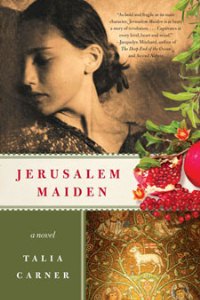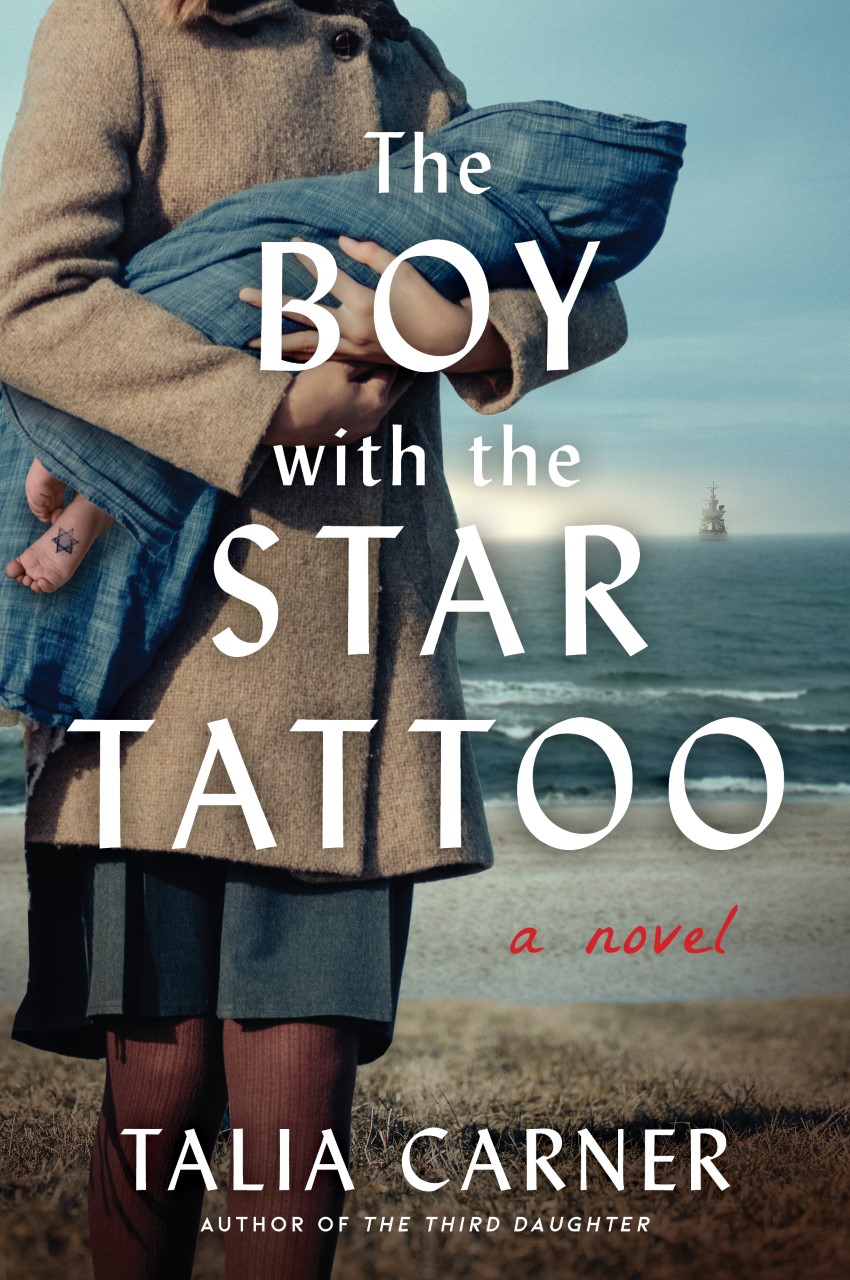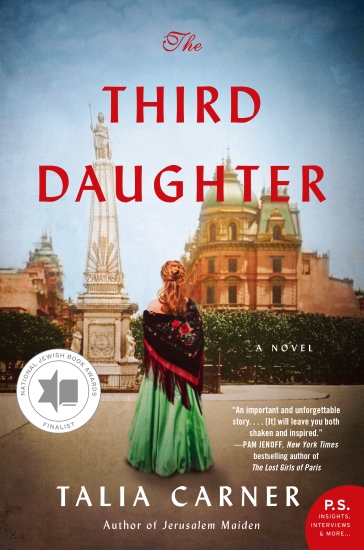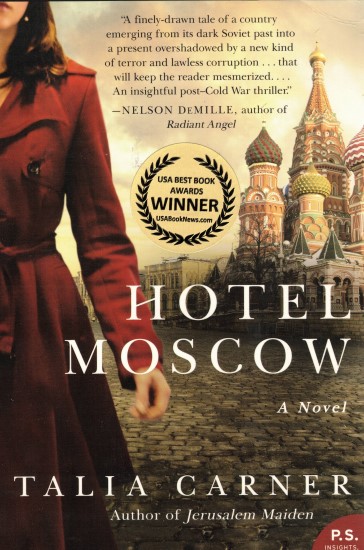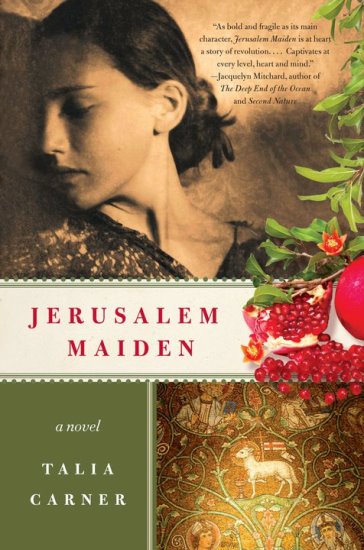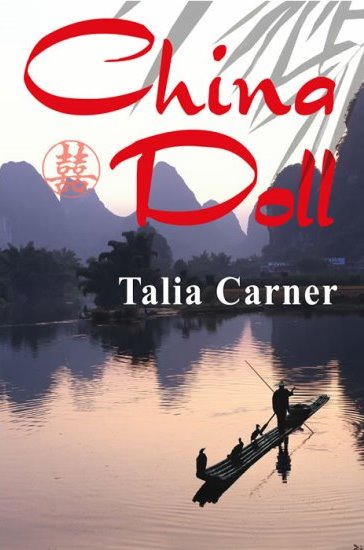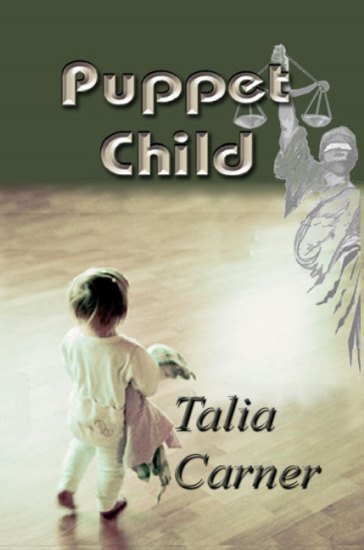Q: You did it again—this time in JERUSALEM MAIDEN. How do you find the emotional strength to tackle yet another social issue?
A: The globe is peppered with hot spots of human abuses and misery. I try not to lose my sense of outrage, nor become so cynical that I stop believing we can change things. As writers, we have the power of the pen—and the attention of our audience. Writing is a privilege, but also a responsibility.
Q: JERUSALEM MAIDEN is strewn with biblical references and metaphors as well as Talmudic quotes. Where did you, a secular Jewish woman, pick those up?
A: In my Tel-Aviv secular elementary and high schools, I studied the Bible for twelve years as well as some Talmud. The Bible was taught not specifically as God’s word, but rather as a historical and literary masterpiece, which it is. The beauty of the biblical language and the complexity of its grammar can never be translated well. I loved the stories and dialogues, and when I was twelve years old, I even won a biblical trivia contest against older students.
Q: What’s unusual about your research for the historical context of the novel?
A: A seventh-generation Sabra (Israeli born), I have access to a detailed family tree, starting in 1794 with Reb Shlomo Zalman Solomon who was a community leader in Jerusalem. But historians—all males—had no interest in women’s issues, and Jewish women believed that suffering in Jerusalem, be it starvation or fifty-percent infant mortality, was a fact of life. It is surprising that for such a central place and time period there is so little documentation. I found a specialized library in Jerusalem that preserved hand-written personal journals. In addition, I interviewed aging women about the nuances of their mothers’ lives. I followed that by consulting historians and using rare maps to walk the same streets as my protagonist, many of which still exists today. Finally, I put my French to use and traveled to Paris to study the avant-garde era and its art world as well as Jewish life there between WWI and WWII.
I must say that in the US, librarians have always been eager and willing to help. For each of my books, I found them engaged in my research projects. So was my experience in Jerusalem at Yad Ben Zvi Library. In Paris, though, they just plopped heavy tomes in front of me, or even pointed me to a section and walked away. There was no asking them questions because they’d just send me back to the section or to the computer database. Yes, I came back with a renewed appreciation for our American librarians.
Q: Paris. How delicious!
A: Yes, unexpectedly, Esther took off to Paris. I had not planned on it. But it was fascinating to walk in my protagonist’s footsteps and see Paris from her eyes in 1924. That was decades before the buildings had been cleaned; back then, they were covered with centuries-old soot and pigeon-droppings. I also spent long hours reading dusty volumes at libraries there.
Q: Is there a message in Jerusalem Maiden for today’s women?
A: In the years-long process of shaping the material into a suspenseful novel, I realized that Esther’s story is still universal. Many Western women, even today, are bound by self-imposed social and psychological constraints that hold them back from their full potential.
Q: What about women in non-Western-style societies?
A: The status of women around the globe, both in the private and public arenas, has not improved nearly enough in the past decade—or even in the past century—beyond spot improvements. The “all or nothing” in Orthodoxy of yore as described in Jerusalem Maiden is often found in the stricter enclaves. The first focus of all extreme forms of religions—be it Christianity, Judaism, Hindu or Islam—is a woman’s body. They are uniformly obsessed with its purity and functionality–and often with a woman’s movements. Women are prohibited from leaving certain defined borders or are shut off specific places. Or they must be chaperoned by a person with a penis (even as young as 8 years old) any time they leave the house. The result is more oppression of women in the name of religion. Unfortunately, fundamentalism is spreading, especially with more Islamic societies being radicalized.
Q: What’s the source of your compassion for women in religious societies?
A: As a teenager, I encountered two instances of girlfriends who grew up and lived in Orthodox families. Their lack of freedom of choice and the situations into which they were forced affected me deeply. One of them, a young beautiful woman who seemingly had everything, eventually committed suicide. (You can read my essay about it “Crossing The Street.”)
Q: How and where did you associate your Jerusalem Maiden character with your own grandmother?
A: I always felt that I understood my Grandmother Esther on a deeper level. Born in Jerusalem in 1900, she was an astonishingly capable artist who confined her talent to knitting, crocheting, sewing and embroidering—the only artistic expressions permitted women at that time. Given the opportunity, she would have become a world-renowned artist. She would have known great loves, and her talent would have blossomed in Bohemian Paris. That is not what happened, but Jerusalem Maiden is my “what if” version of her complex personality, frustrated life, and untapped genius. You can say that this novel is a Kaddish for my grandmother. (You can read more in The Story Behind The Story, here on my website.)
Q: Life in Jerusalem at the time was very harsh.
A: Jerusalem suffered from water shortage all throughout history. The four-hundred year rule by backward Ottoman rule did not pull the Holy Land forward since Biblical times. With no electricity, for example, there was no news transmission that we take for granted.
Q: How closely do the settings in the book reflect your family’s history?
A: In fairness to my grandmother and her family, I must say that she was raised in a better, more spacious house than the fictionalized one I created in the story since that over-crowded one was more typical. My mother used to spend every summer of her childhood in her grandfather’s home and always described it lovingly. Also, the house was not in Me’ah She’arim but rather in Mamilla, right outside Jaffa Gate. The significance of this difference is that the social milieu described in Jerusalem Maiden is of a group that in 1938 began calling themselves Neturei Karta—the Guardians of the City—and is the most extreme of all forms of religious Judaism.
Q: What’s exactly the link between the mitzvah of procreation and the messiah’s arrival?
A: Jews believe in the messiah’s future coming to bring salvation and end Diaspora suffering. They must live a virtuous life to hasten his arrival. Living a virtuous life means following all the mitzvot—supposedly all 613 of them. However, as Asher explains to Esther, most of these mitzvot are either agrarian or related to rituals in the Temple that has been destroyed 2,000 ago. That leaves a more manageable number of rules, dictates and prohibitions (“do not kill,”) that regulate all aspects of human behavior. One of them is “Be fruitful and multiply,” which can apply to women more literally than to men.
Furthermore, ultra-Orthodox Jews living in Jerusalem feel that they have a sanctified role to preserve the religion, to study the Torah, and to make sure that every moment and every act pleases God. They do so not only for all other Jews living elsewhere, but also in order to be “light to all other nations”—to present an example of life filled with charity, fairness, virtuousness, and holiness.
Men are the ones practicing much of the studying. Through praying they establish direct contact with God (e.g. laying of the teffilin before one even starts his day.) Women are in the role of supporting the men, creating and running their homes and bearing more sons that can continue the line and carry the legacy. Such life is sure to bring the messiah. Therefore, “be fruitful and multiply” has not only the role of hastening the messiah’s arrival through obeying an important religious dictate, but also specifically in Jerusalem by doing so for all the world Jewry.
Q: Evelina de Rothschild school seems to have been a special learning institution.
A: It was the only school for girls, but in a Jewish population of forty-five thousand, it had only three hundred students, which later grew to six hundred. That means most girls were not formally educated. They may have learned to read and write at home, and their sole reading companions for life were the Yiddish Tzena U’rena book of Jewish folklore and prayers, and perhaps the Song of Solomon. Many were simply illiterate! What is also amazing about the school is that while it opened a new cultural window for the young female population, it was also very Orthodox in its observance.
There is a lot more to the religiously strict and socially uncompromising life of Ashkenazi women in Jerusalem in the early 1900’s. I’d like to suggest that readers who want to learn the subject in depth to read the academic book by Margalit Shilo, “Princess or Prisoner?”
Q: Was Evelina de Rothschild school the equivalent of a boys’ yeshiva?
A: Not at all. Girls in that school learned arithmetic, geography, literature and music. They learned languages—in fact, under the British Miss Annie Landau, who was the school’s principal for forty years, English became the school’s official language. The girls also learned cooking, sewing and hygiene. On the other hand, their study of Bible and Talmud was quite limited and even censored, while boys studied nothing else—ever.
Q: Why is art such a big deal for the protagonist?
A: In Christianity, the church sponsored art and patronized male artists since medieval times. The troves of today’s Western art can be attributed directly to this church’s support. On the other hand, in traditional Judaism, visual expression is forbidden as it is against the Second Commandment, “Thou shalt not make any graven image.” While Jewish crafts were developed as far back as the days of the First Temple—gold and silver relief, leather tanning, wood carving and calligraphy—painting and sculpting of any object forever remained forbidden until modern time.
Q: Your mother is a known Israeli artist.
A: I am enormously proud of her. Her name is Reviva Yoffe, and at 87 she still paints, exhibits and sells. She took some of the steps I envisioned in Jerusalem Maiden her mother should have taken, but she too, faced a cultural wall which she internalized: In her youth, my mother wanted to study architecture, but her father would not permit her to live away from home. (By comparison, her older sister who wanted to become a lawyer ran away from home and completed her degree at a time few women even studied Law. So did the youngest sister who escaped home and received a graduate degree from Columbia University in finance.) Finally, at age forty, my mother started painting. Without taking a single art class in her life, she’s painted and sold literally thousands of fine-detailed oil paintings. Her surrealistic works are in private collections internationally.
By the way, my mother says that I’ve nailed her mother’s character so well in an entirely different story.
(Update: I am saddened to report that my mother passed away on April 29, 2012, at age 88, leaving behind a wonderful collection of paintings not only for me, but in many collections worldwide.)
Q: What about you? When reading JERUSALEM MAIDEN it is obvious that you have an artistic eye.
A: I created two sculptures that showed promise, and on rare occasions I painted in oil or sketched portraits. As a teenager, I sewed myself several dresses, and even a suit! But I’ve found my calling in painting pictures with words.
Q: Motherhood was a powerhouse force in your previous novels. It takes a 180-degree turn in Jerusalem Maiden.
A: It does, yet doesn’t… It is extremely difficult to attend to the 24/7 needs of children and still fulfill one’s destiny. Poor mothers leave their children with family members in order to work in other countries. But rarely do women leave their children to pursue their own artistic or career calling as is the case of my protagonist, Esther. I wanted to explore this difficult choice from the inside…
Q: Is it ever possible to reconcile a woman’s yearning for individuality with the demands of traditions?
A: I leave this answer to the readers of JERUSALEM MAIDEN. Most people don’t talk much about spirituality or the meaning of an internal search. But as the Mishnah tells us, “Each person is a whole world.” Hopefully each woman in our free society will continue to explore ways to blossom to her full abilities. We have evidence that the more women achieve in their private arena, the more they can be helpful to others to take their place in the public arenas.
Q: As you do.
A: As I’ve struggled to achieve throughout my adult life, and now I strive to do with this novel and in my speaking tour.
